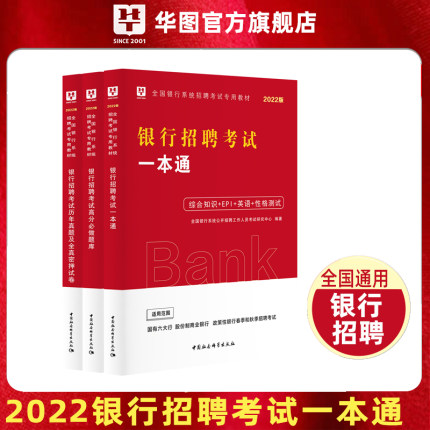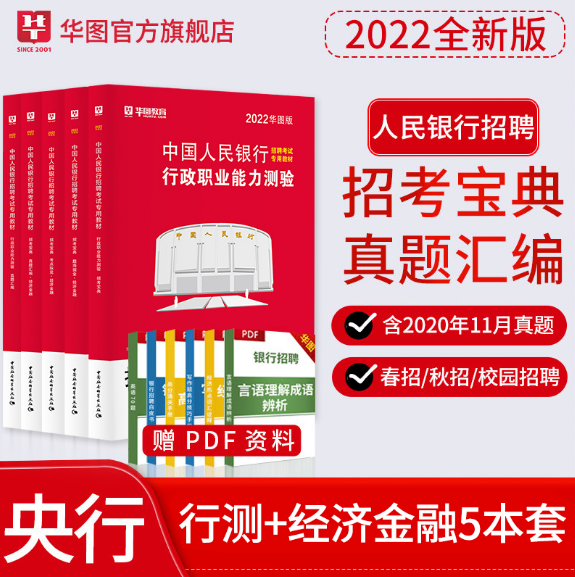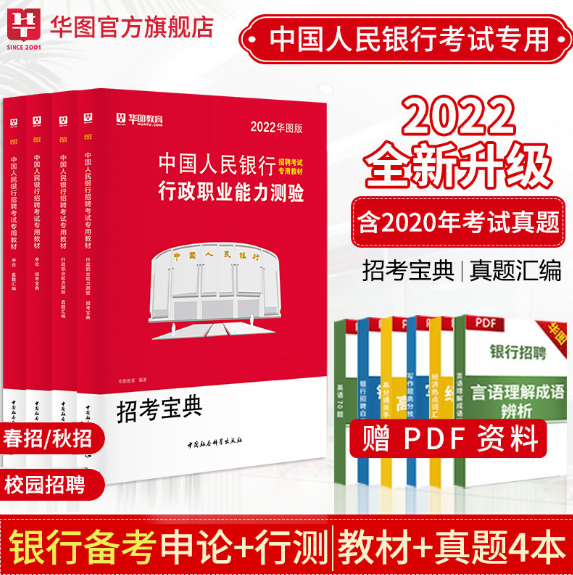2018年建设银行秋招英语模拟试题-阅读理解(二)
2018-08-15 09:56 广东人事考试网 来源:广东银行考试网 


广东银行考试网提供以下银行考试题库信息:2018年建设银行秋招英语模拟试题-阅读理解(二),更多关于建设银行秋招英语试题,银行招聘考试,银行考试题库的内容,请关注广东银行考试网/广东人事考试网!
Passage 2
In recent years, railroads have been combining with each other, merging into supersystems, causing heightened concerns about monopoly. As recently as 1995, the top four railroads accounted for under 70 percent of the total ton-miles moved by rails. Next year, after a series of mergers is completed, just four railroads will control well over 90 percent of all the freight moved by major rail carriers.
Supporters of the new supersystems argue that these mergers will allow for substantial cost reductions and better coordinated service. Any threat of monopoly, they argue, is removed by fierce competition from trucks. But many shippers complain that for heavy bulk commodities traveling long distances, such as coal, chemicals, and grain, trucking is too costly and the railroads therefore have them by the throat.
The vast consolidation within the rail industry means that most shippers are served by only one rail company. Railroads typically charge such “captive” shippers 20 to 30 percent more than they do when another railroad is competing for the business. Shippers who feel they are being overcharged have the right to appeal to the federal government's Surface Transportation Board for rate relief, but the process is expensive, time consuming, and will work only in truly extreme cases.
Railroads justify rate discrimination against captive shippers on the grounds that in the long run it reduces everyone's cost. If railroads charged all customers the same average rate, they argue, shippers who have the option of switching to trucks or other forms of transportation would do so, leaving remaining customers to shoulder the cost of keeping up the line. It's theory to which many economists subscribe, but in practice it often leaves railroads in the position of determining which companies will flourish and which will fail. “Do we really want railroads to be the arbitersof who wins and who loses in the marketplace?” asks Martin Bercovici, a Washington lawyer who frequently represents shipper.
Many captive shippers also worry they will soon be hit with a round of huge rate increases. The railroad industry as a whole, despite its brightening fortuning fortunes, still does not earn enough to cover the cost of the capital it must invest to keep up with its surging traffic. Yet railroads continue to borrow billions to acquire one another, with Wall Street cheering them on. Consider the $10.2 billion bid by Norfolk Southern and CSX to acquire Conrail this year. Conrail's net railway operating income in 1996 was just $427 million, less than half of the carrying costs of the transaction. Who's going to pay for the rest of the bill? Many captive shippers fear that they will, as Norfolk Southern and CSX increase their grip on the market.
1.According to those who support mergers, railway monopoly is unlikely because( ).
A. cost reduction is based on competition.
B. services call for cross-trade coordination.
C. outside competitors will continue to exist.
D. shippers will have the railway by the throat.
2.What is many captive shippers' attitude towards the consolidation in the rail industry?
A. Indifferent.
B. Supportive.
C. Indignant.
D. Apprehensive.
3.It can be inferred from paragraph 3 that( ).
A. shippers will be charged less without a rival railroad.
B. there will soon be only one railroad company nationwide.
C. overcharged shippers are unlikely to appeal for rate relief.
D. a government board ensures fair play in railway business.
4.The word “arbiters”(line 6,paragraph 4)most probably refers to those( ).
A. who work as coordinators.
B. who function as judges.
C. who supervise transactions.
D. who determine the price.
5.According to the text, the cost increase in the rail industry is mainly caused by ( ).
A. the continuing acquisition.
B. the growing traffic.
C. the cheering Wall Street.
D. the shrinking market.
答案及解析在下一页
关键词阅读: 银行招聘考试 建设银行秋招英语试题
(编辑:广东华图)

线上微信客服

金融招考公众号











